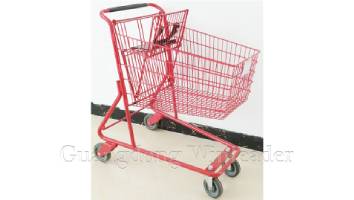 Metal Shopping Carts Manufacturer shares this article for you.
Metal Shopping Carts Manufacturer shares this article for you.
1. Scope of application
This guide is applicable to the sanitation improvement and health protection of normal supermarkets during the epidemic of new coronavirus pneumonia. The main contents include supermarket operation management, environmental sanitation requirements, strengthening of cleaning and disinfection, personal health protection, etc., to provide technical support for the protection of supermarket hygiene and safety.
2. Supermarket operation management
(1) Improve awareness of prevention. You can use video scrolling or posting promotional materials to strengthen practitioners' and customers' awareness of the risk of new coronavirus infection.
(2) Strengthen health management. Employees should pay attention to their own health monitoring during their on-the-job period. When symptoms such as fever and cough occur, they should report in time and go to designated hospitals for medical treatment according to regulations. Reasonably arrange the employees to take turns to rest.
(3) Personnel temperature monitoring. A special person should be set up at the entrance of the supermarket to measure the body temperature of each employee and customer, and the body temperature is normal before entering.
(4) Guide customers to wear masks. Remind customers to wear a mask before entering the supermarket and wash their hands after returning home; refuse to enter the supermarket for shopping without wearing a mask.
(5) Set up emergency areas. An emergency area can be set up in the supermarket. When people with suspected symptoms appear, they can go to the area for temporary isolation in time, and then deal with them in accordance with other relevant regulations.
3. Environmental hygiene requirements
(1) Strengthen ventilation. Supermarkets should maintain air circulation and freshness, and ensure the quality of indoor air hygiene.
Central air conditioners in supermarkets should ensure the safety of air supply. Open cooling towers, filters, filters, purifiers, vents, air handling units, surface coolers, heating (humid) devices, Equipment components such as condensate pans should be cleaned, disinfected, or replaced. If the air conditioner in the supermarket has no disinfection device, the return air system must be closed.
(2) Garbage disposal. The garbage generated every day shall be classified and managed in special garbage disposal areas, temporarily placed at designated locations, and cleaned up in time. When storing garbage, you should put garbage bags in the garbage bins and cover them tightly to prevent attracting flying insects and contaminating other food and utensils. The area around the garbage temporary storage area should be kept clean and disinfected at least once a day.
(3) Hygiene requirements in key areas. Ensure that there is no sewage on the supermarket floor. The fresh food processing area shall keep the ground and wall tidy, and the sewer entrance shall be cleaned, descaled, and disinfected every day. Ensure that the public toilets are cleaned in time so that there is no dirt, no-fly maggots, and no peculiar smell.
Fourth, strengthen cleaning and disinfection
(1) Clean and disinfect the surface of the object. The environment should be kept clean and hygienic, regularly disinfected every day, and clean and disinfection records should be kept. For high-frequency contact surfaces (such as elevator buttons, handrails, door handles, public tables, chairs, seats, public trash cans, shopping baskets, shopping carts, temporary storage cabinets, etc.), available chlorine 250mg/L~500mg can be used /L chlorine disinfectant is sprayed or wiped, or disinfectant wipes can be used to wipe. It is recommended to disinfect at least once a day before opening, and the number of disinfections can be appropriately increased according to the increase in passenger flow.
(2) Disinfection of trash cans. The trash can and other garbage containers can be disinfected regularly. It can be sprayed or wiped with a chlorine-containing disinfectant containing available chlorine 250mg/L~500mg/L, or wiped with a disinfectant wipe.
(3) Disinfection of sanitary ware. Sanitary ware can be soaked or wiped and disinfected with a chlorine-containing disinfectant with an effective chlorine content of 500mg/L. After 30 minutes of action, rinse with clean water and dry it for later use.
(4) Disinfect work clothes. Change work clothes regularly; use circulating steam or boiling for 30 minutes, or soak in 500mg/L chlorine-containing disinfectant for 30 minutes, and then routinely clean.
(5) It is convenient for customers to wash their hands. Ensure the normal operation of handwashing facilities in the supermarket, equipped with quick-drying hand disinfectants; when possible, equipped with induction hand disinfection facilities.
5. Personal health protection
(1) Wear a mask. Practitioners should wear protective masks to work, and must not take off the masks when communicating with customers. Customers should always wear masks in the supermarket.
(2) Pay attention to hand hygiene. Workers should wash their hands frequently during the on-duty period, and use effective alcohol-containing quick-drying hand disinfectants; under special conditions, they can also use chlorine or hydrogen peroxide hand disinfectants; when there are visible contaminants, hand sanitizers should be used in the flow Wash your hands underwater. Avoid touching your eyes with your hands or gloves during work.
(3) Protection of key populations. Cashiers, sales clerks, tally clerks, cleaners, security guards, and other staff who are in contact with customers should pay attention to wearing gloves when they are on duty; qualified supermarket staff can be equipped with goggles.






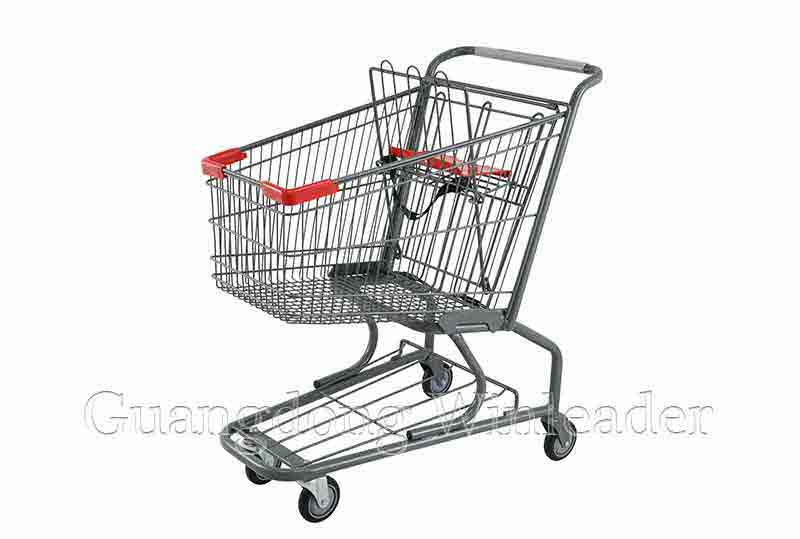
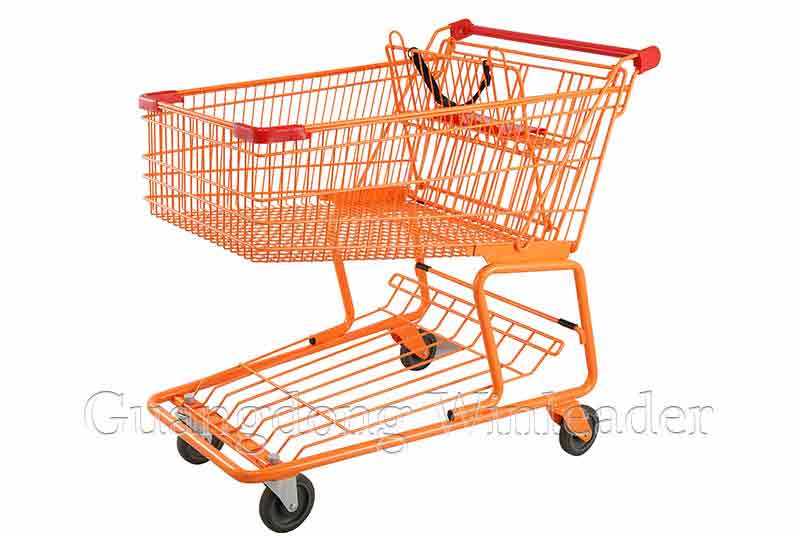
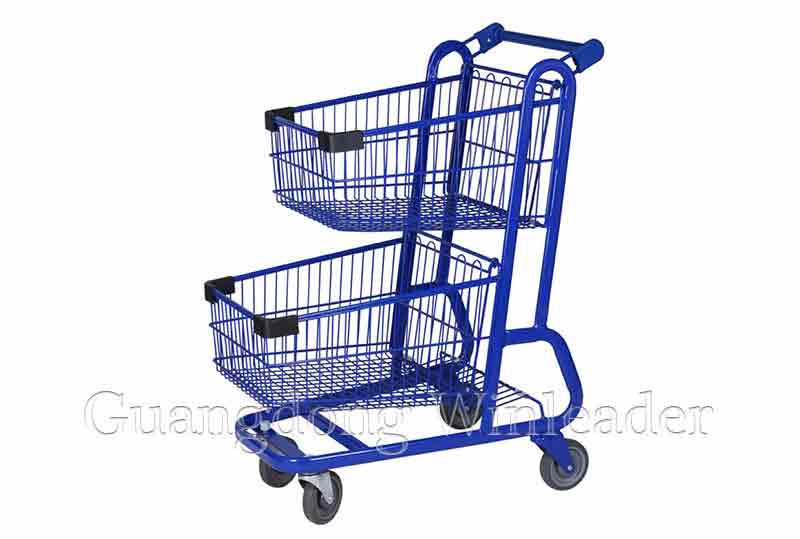
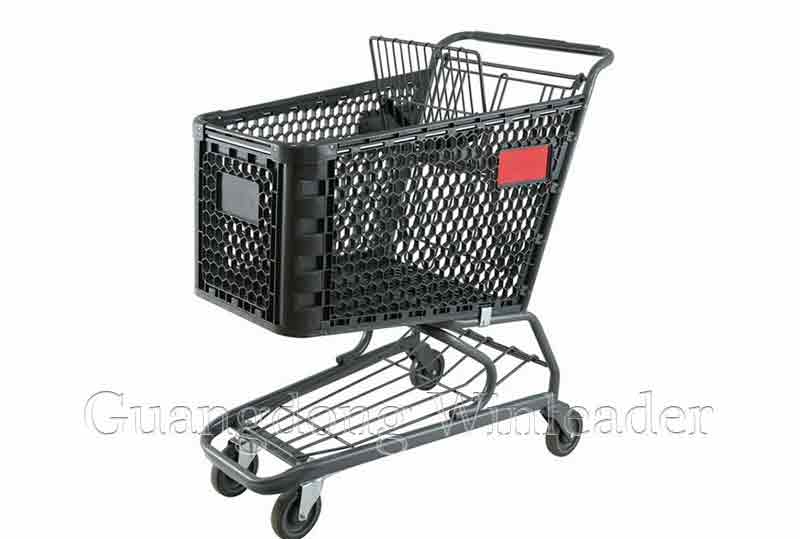
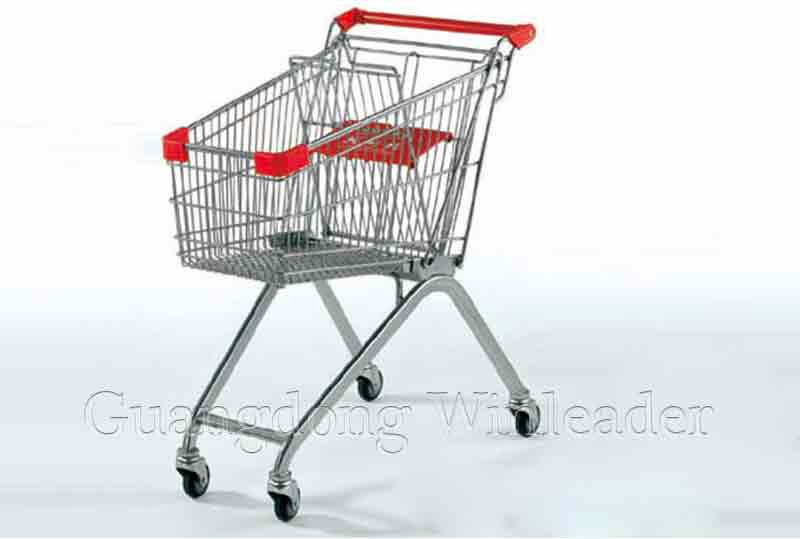
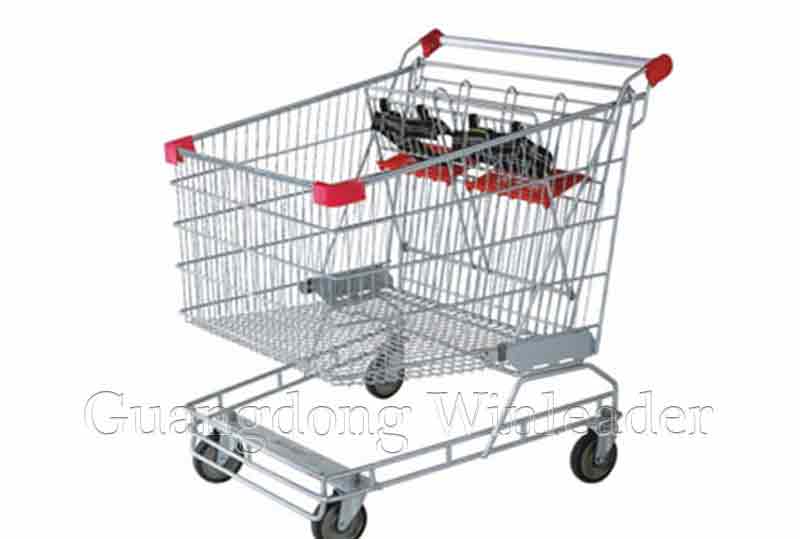
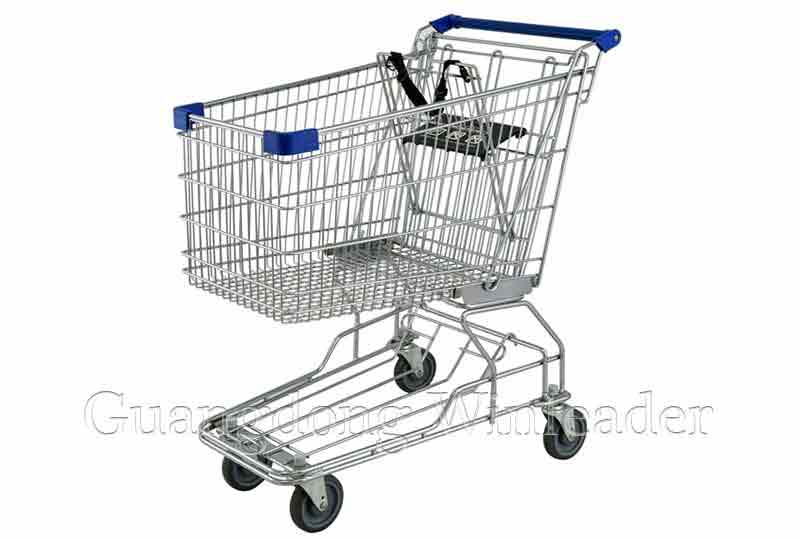
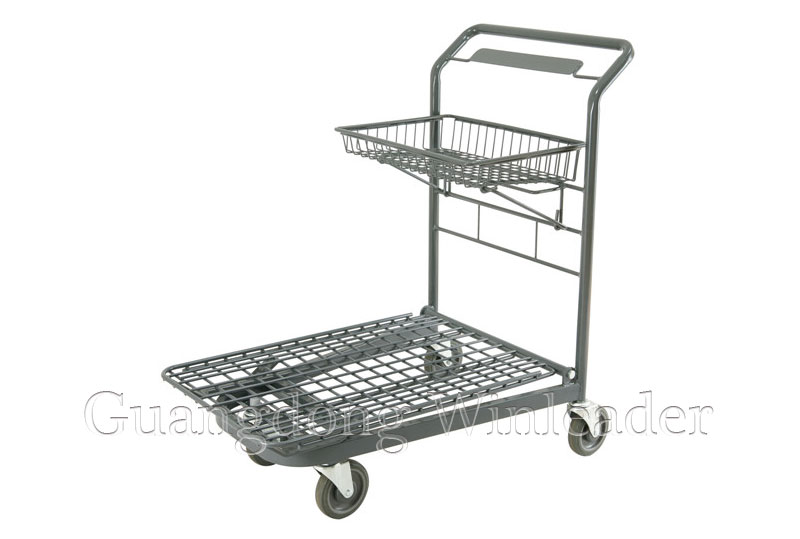
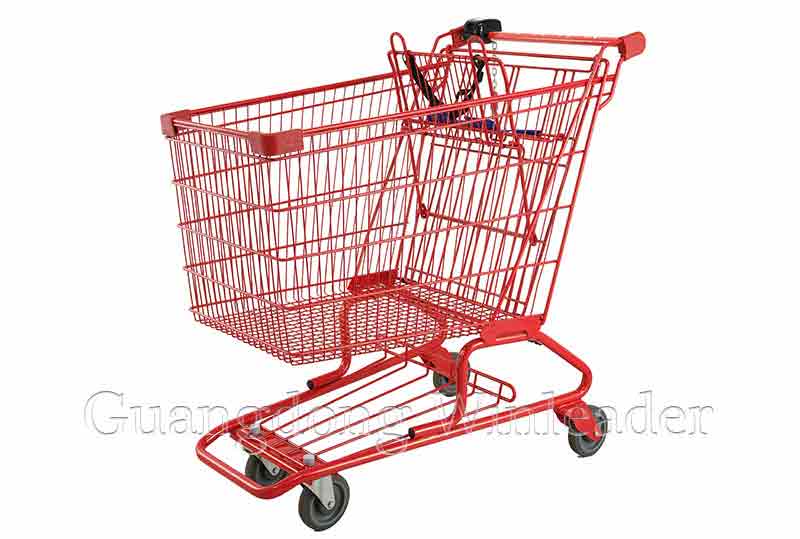
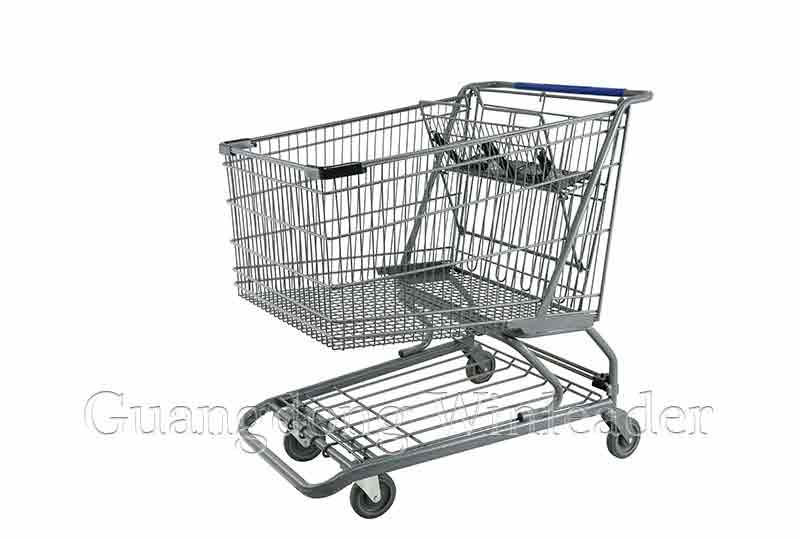
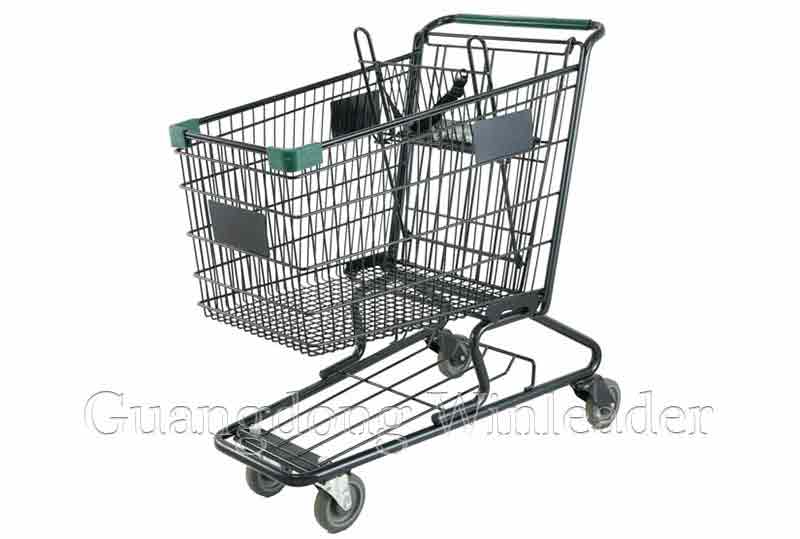
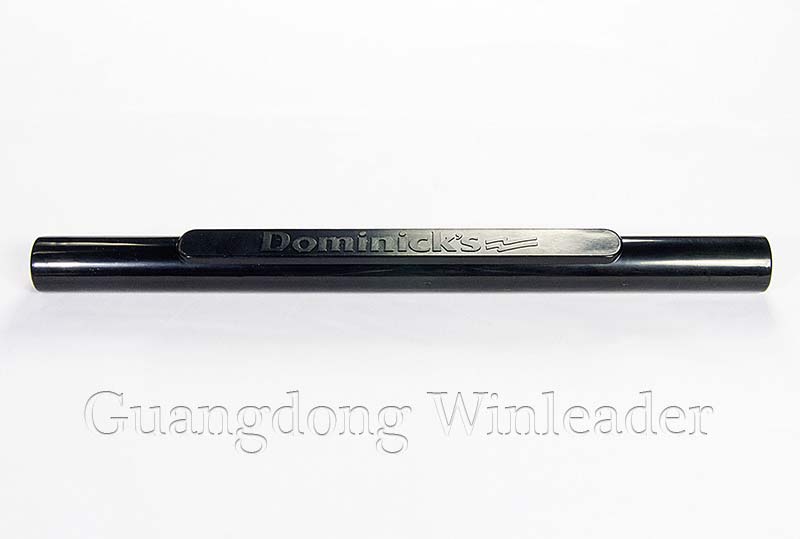
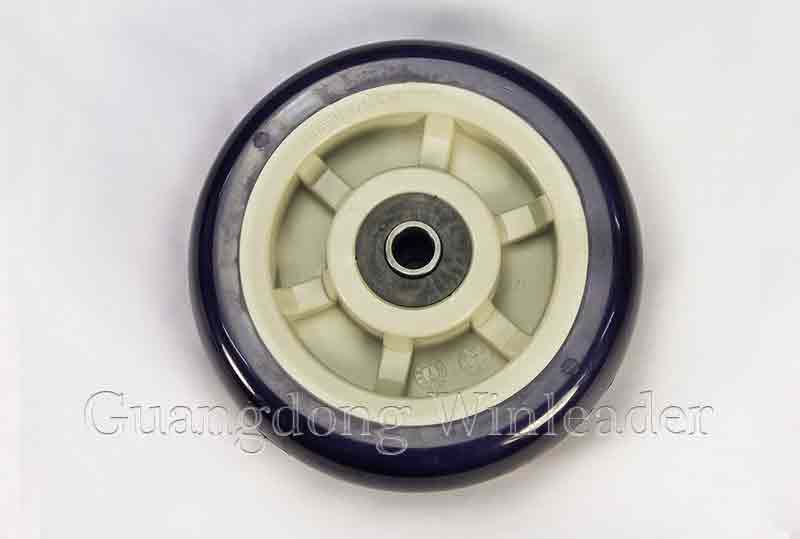
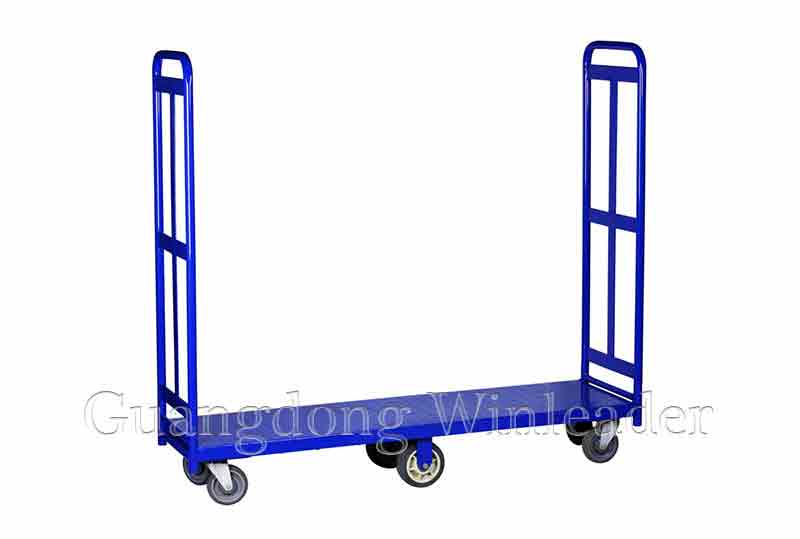
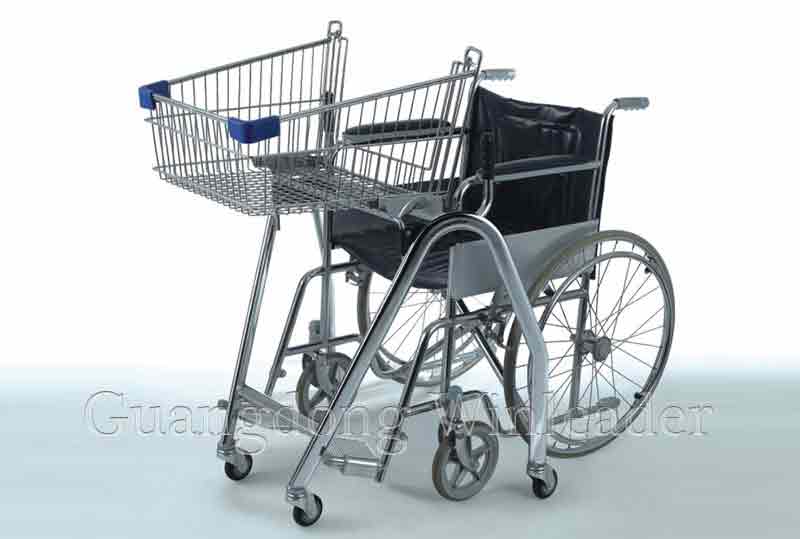
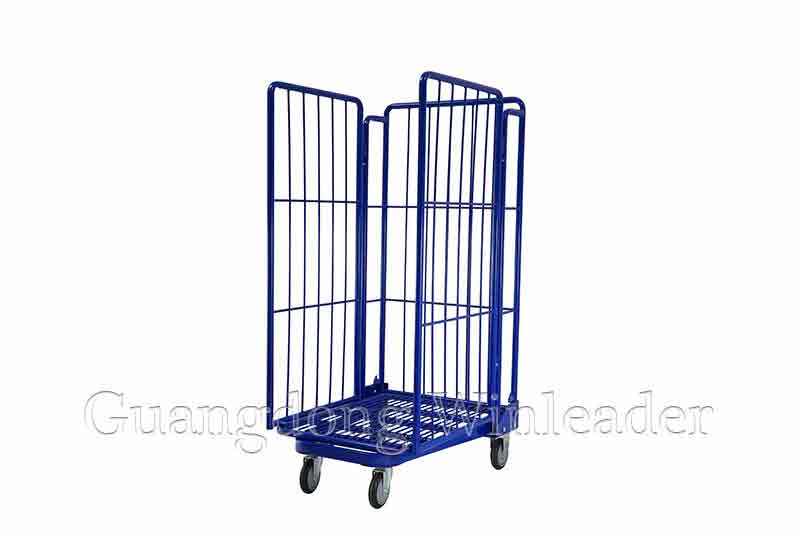
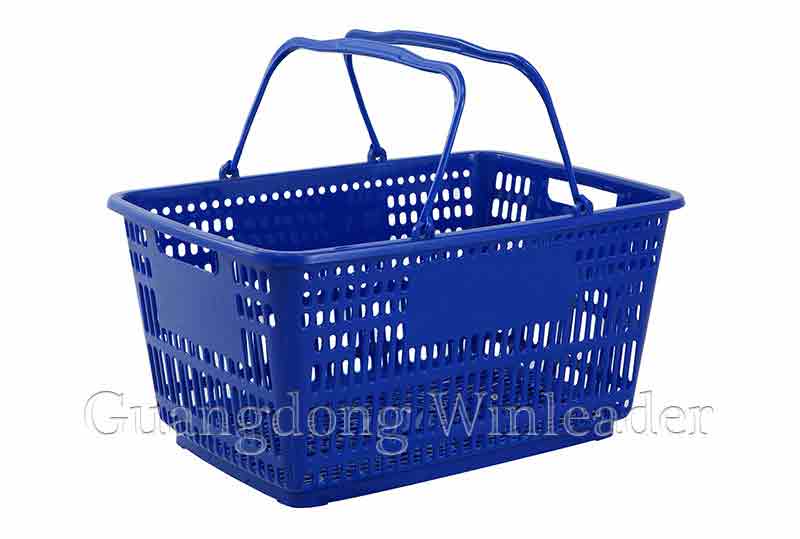
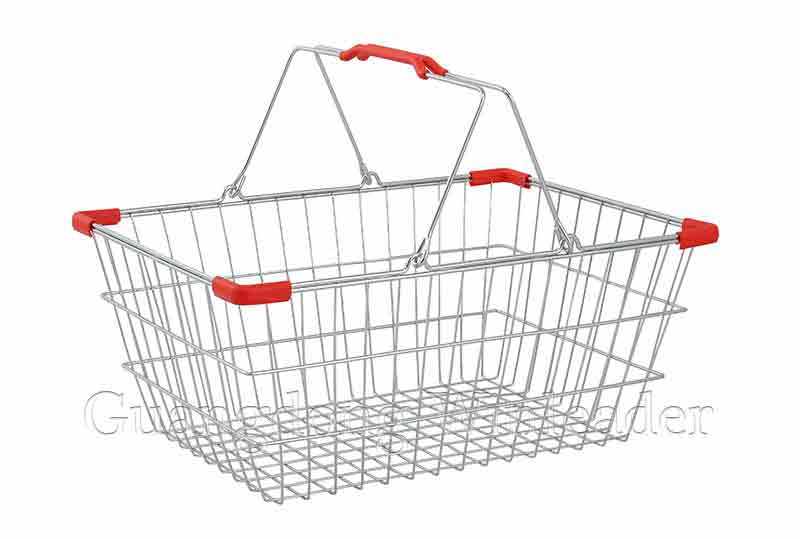
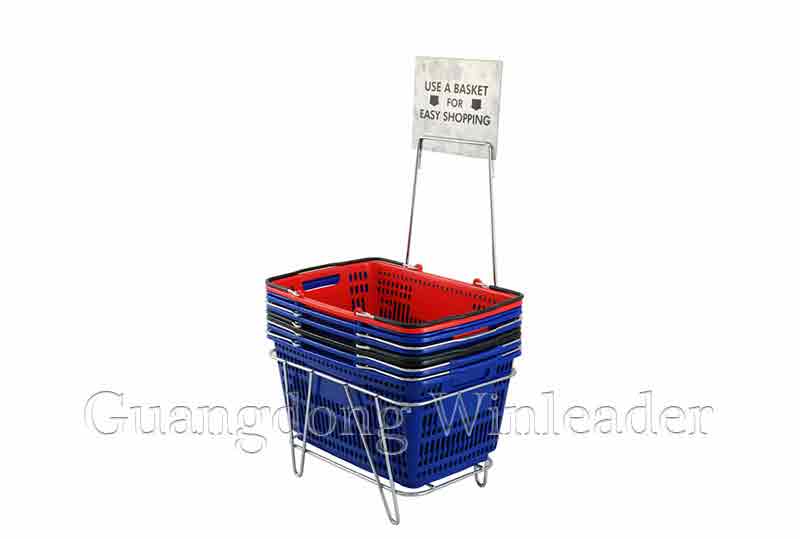
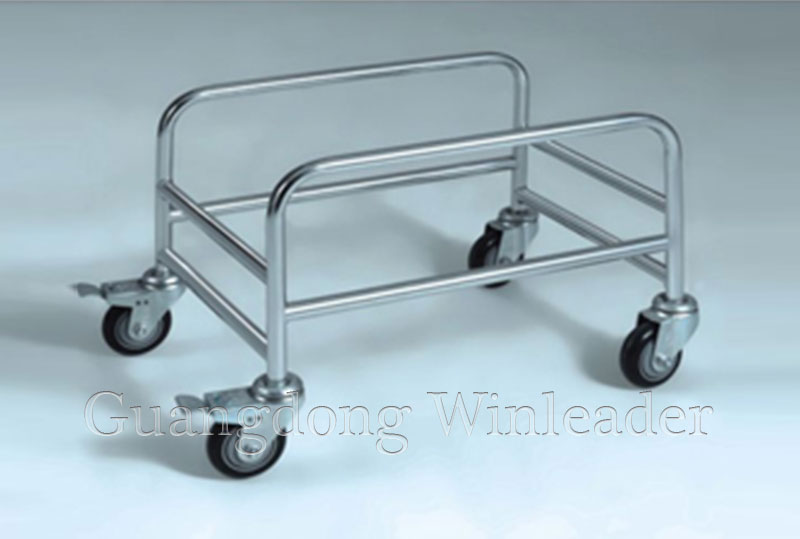
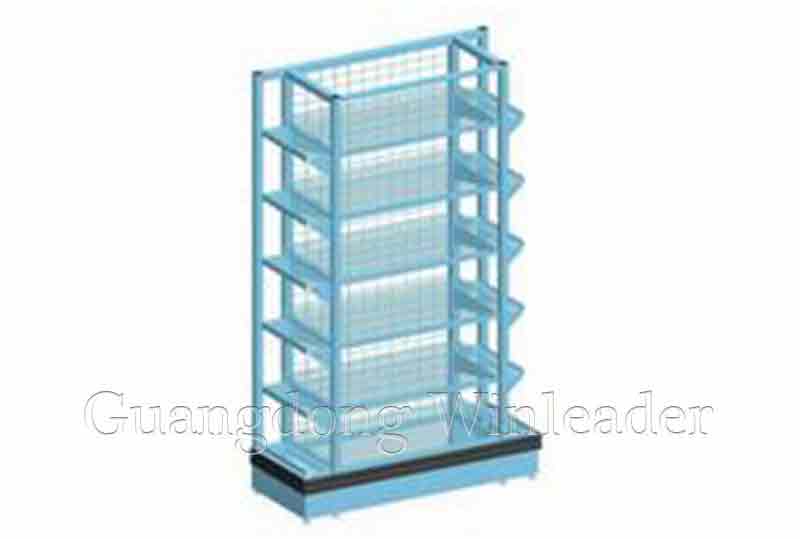
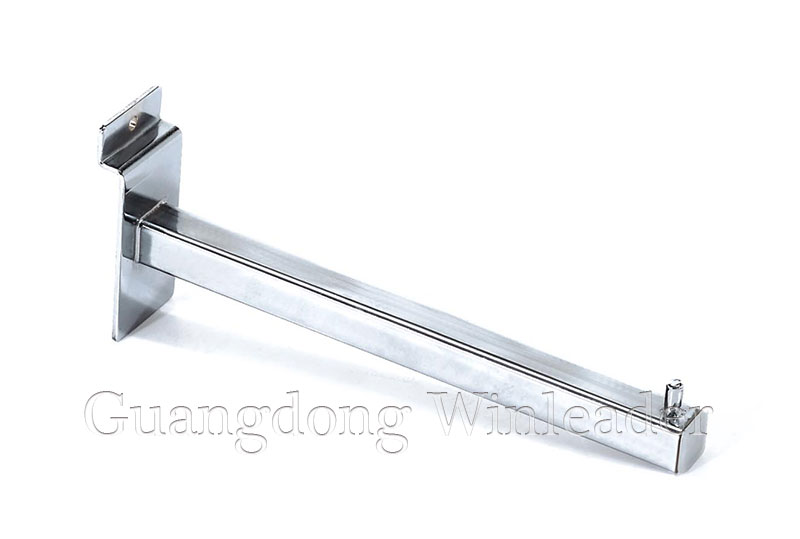
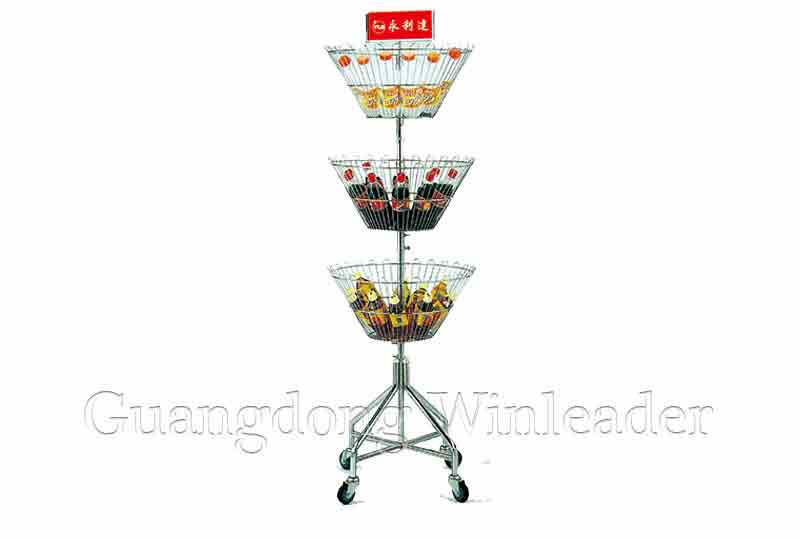
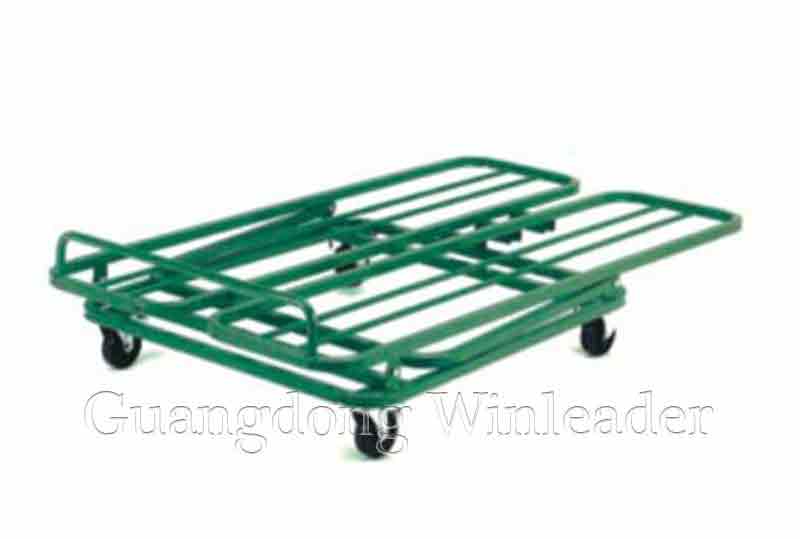




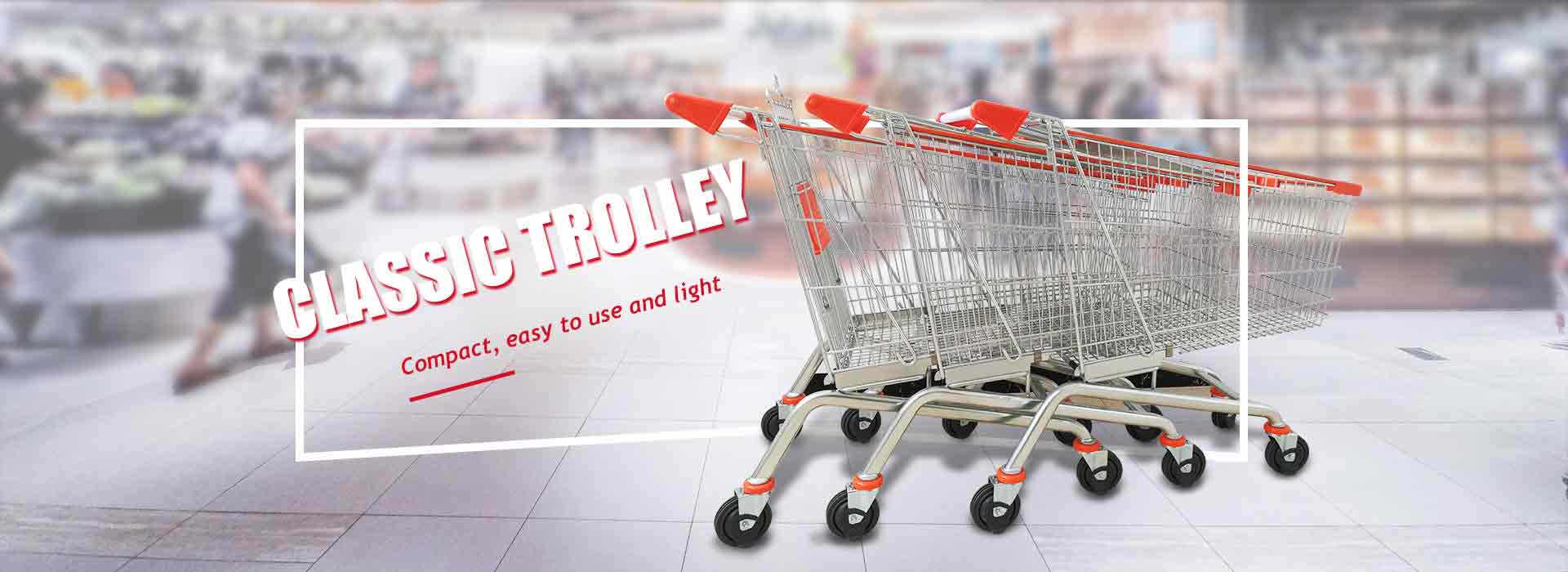
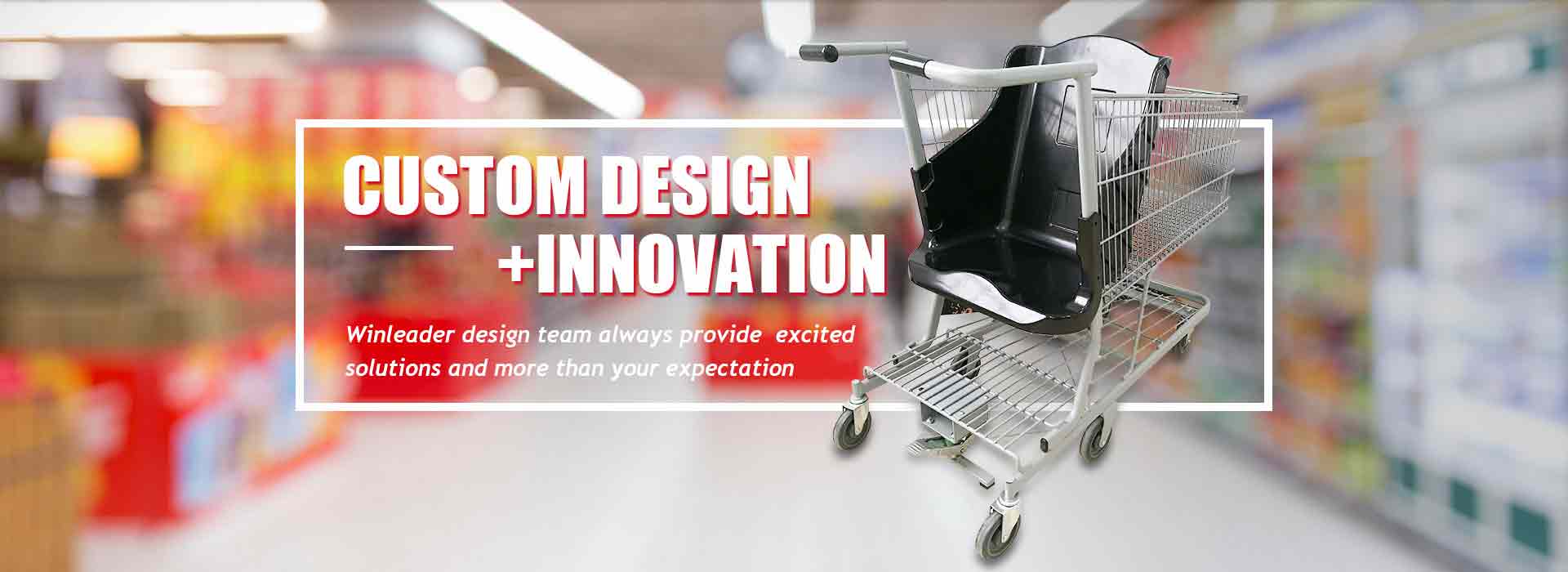
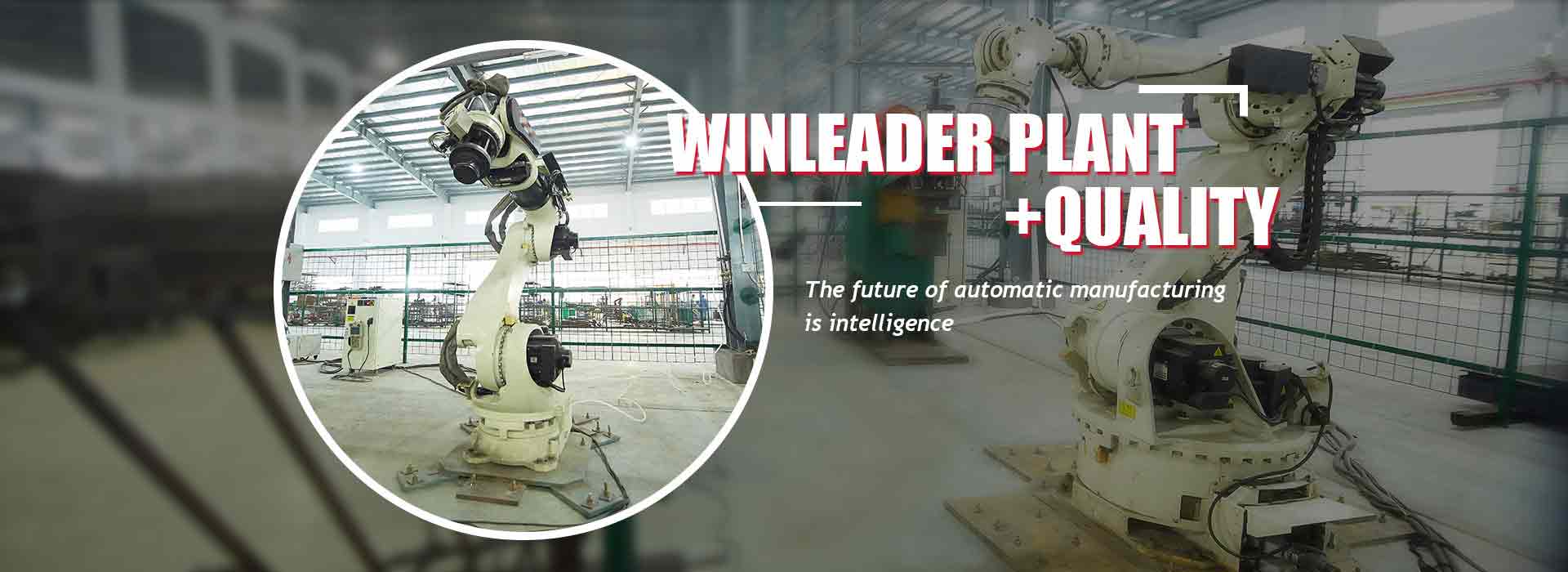
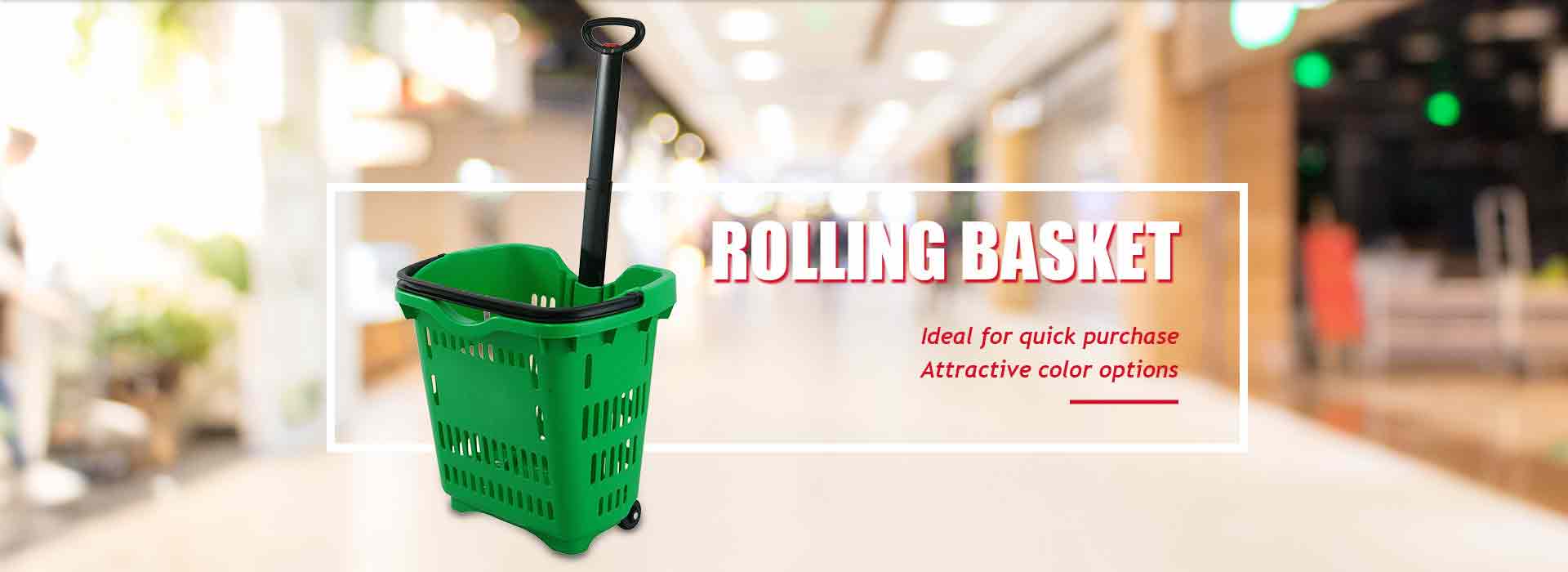
 Metal Shopping Carts Manufacturer
Metal Shopping Carts Manufacturer 



